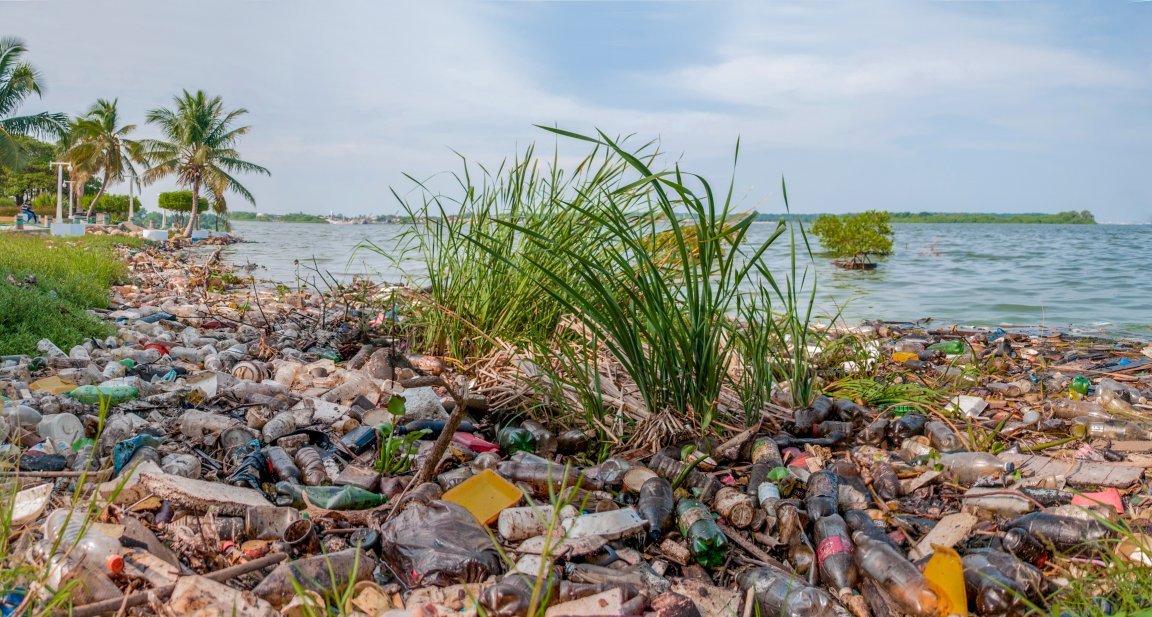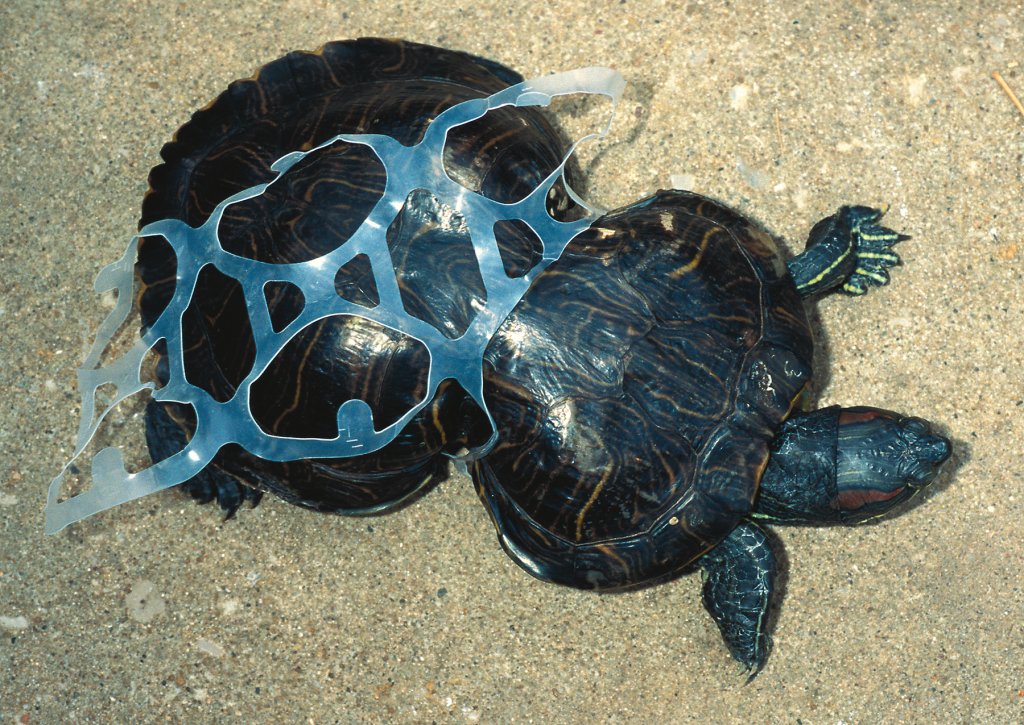
1. Deforestation

We all know that humans have a great impact on the natural world. This is not too surprising, as 7 billion people require a lot of space. In fact, our agriculture alone takes up a landmass the size of South America. Imagine if every species required that much land for their eating habits. We’d get to the 5th species (if we were lucky) and run out of space, which would be rather unfortunate for the other 7.77 million animal species on the planet. And keep in mind, that’s just the agriculture. We still need houses, schools, businesses, roadways, hospitals, and a plethora of other things—all which require quite a bit of space.
All of the area that we demand ultimately leads to vast swaths of Earth being leveled to make way for homes, roadways, farms, and all of the aforementioned necessities (note: the term “necessity” is used loosely). Take, for example, coffee. The production of everyone’s favorite caffeinated beverage requires about 30 million acres of land worldwide (about the size of England). And unfortunately, most of this coffee is grown in areas labeled “high priority for conservation” re. rainforests. More species reside in rainforests than anywhere else on the planet. And as we continue to encroach on this territory, we force more and more species to vacate their habitats and relocate–and there is no guarantee that these creatures will be able to find the food and sustenance necessary for survival once they move.
2. Land and Water Pollution
Moreover, with 7 billion people, you get a lot of waste. Lots and lots of waste. And I don’t just mean the biological waste that our bodies produce. There’s also household waste, industrial waste, and hazardous waste (like radioactive material). We need a way to manage and store all of these byproducts of everyday life. So we have landfills and recycling plants, and a number of other structures designed to deal with all our leftovers. Unfortunately, our waste management is often mismanaged. Not only do we pollute the environment with harmful vehicle emissions, pesticides, and other chemicals, we take things that are perfectly recyclable and we dump them in the ocean or throw them on the side of the road.

To be completely honest, the picture of Peanut the Turtle is rather tame. If you want to see the real ecological impact of our waste, do a google image search for “trash” and “animals.” But be warned: This google search should not be attempted unless you have a strong stomach. A search for “The Great Pacific Garbage Patch” also yields horrifying results.
3. Air Pollution
On October 21, 2013 China was forced to shut down the city of Harbin, a buzzing metropolis that boasts a population of just over 11 million people. Schools were closed, airports were non-operational, and traffic came to a standstill…literally. And it’s all because of smog. According to the World Health Organization (WHO), a city’s particulate matter should not exceed 20; however, in Harbin, the particulate matter readings were over 1,000. Things start to get really bad when the levels exceed 200. In such instances, there is significant aggravation of heart or lung disease and significant dangers to individuals with low immunity, such as the elderly or the very young. When we surpass 300, things get very nasty. There is also serious risk of respiratory effects in the general population. In such cases, the WHO states that Everyone should avoid all outdoor exertion.
So no going outside when the particulate matter readings are over 300. For any one. At all. And in Hardin, the reading were over 1,000.

4. Light Pollution
But chances are, you already knew that pollution, deforestation, and smog were serious environmental issues. We can see the effects of these things all around us. But there’s more to pollution than the aforementioned, much more. For starters, Less than a third of the worldwide population (and less than 1% of the US population) lives under a truly dark sky; that is to say, a night sky completely unaffected by light pollution. Are you one of those people? Chances are, if you’re reading this, you aren’t. If unsure, check out our article on Bortle’s Dark Sky Scale. It has been said that absence makes the heart grow fonder. Unfortunately, the same can’t be said for the stars, as they disappear from view over our cities.
What’s worse, this light seriously impacts the migratory patters of various animals. Ordinarily, many species of birds use the increasing shortness of the day to determine when they need to migrate for the winter; however, because our cities are lit 24 hour a day 7 days a week, this is interfering with their migratory patterns. Moreover, birds migrate at night, but the bright city lights draw them in. Many birds get trapped in flood lights and become hesitant to return to the dark. Rather than continuing on their way, they circle until they drop from exhaustion, where they become easy prey for any near-by predators.

5. Noise Pollution
And the problems don’t end with light. Sound pollution is also a significant issue. One way to illustrate the issue is through hummingbirds. Studies have found that hummingbirds prefer sites that are noisy. Scientists speculate that this is because their primary predators, western scrub jays, flee from high noise areas. This often results in hummingbirds vacating natural environments to live in man-made towns and cities. This, in turn, significantly decreases pollination in more wooded areas. This is also bad news for the western scrub jays, who rely on the hummingbirds for food.
Another demonstration of noise pollution can be seen in the following video. This little bird, the lyre bird, is rather amazing. He is able to mimic a plethora of sounds. He memorizes the songs of other creatures and, ultimately, uses his vocal prowess to attract a mate with his complicated serenade. But he is able to mimic more than just animal noises (skip ahead to 1:55 to see the wonder…and the horror):

Now I know that this may seem like a daunting problem. How can one person combat deforestation, waste mismanagement, light pollution, sound pollution…and still manage to pay their bills and see their family? And honestly, you can’t. There won’t be any significant changes unless we there are sweeping alterations to the rules the regulations that govern how we operate on both personal both personal and professional levels. Ultimately, we need people to take action–to get involved in their local communities, to lobby their representatives, and to pressure businesses and other organizations to act in ways that are environmentally sustainable and ethical. It won’t be an easy road, as these problems are more than a century in the making, they won’t be solved overnight. But previous generations proved what we can accomplish if we work together–if we stand up and take action–if we are willing to be more than facebook activists. We’ve only to follow their lead.